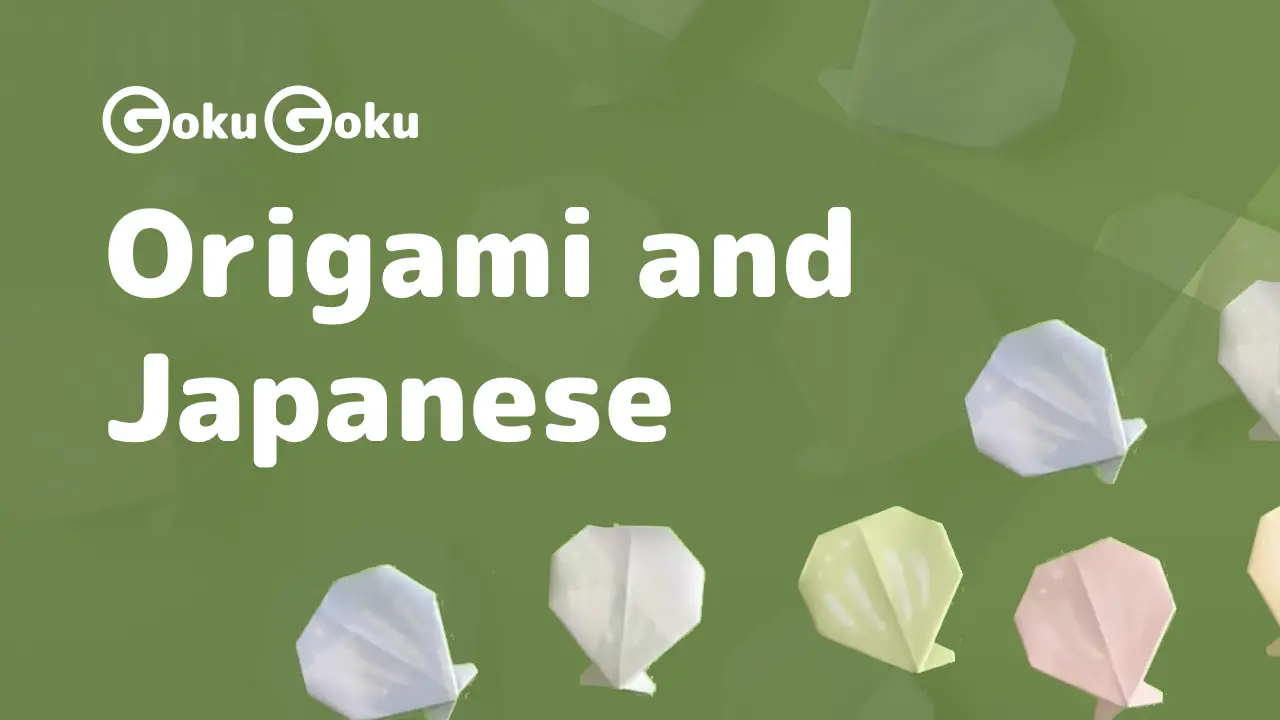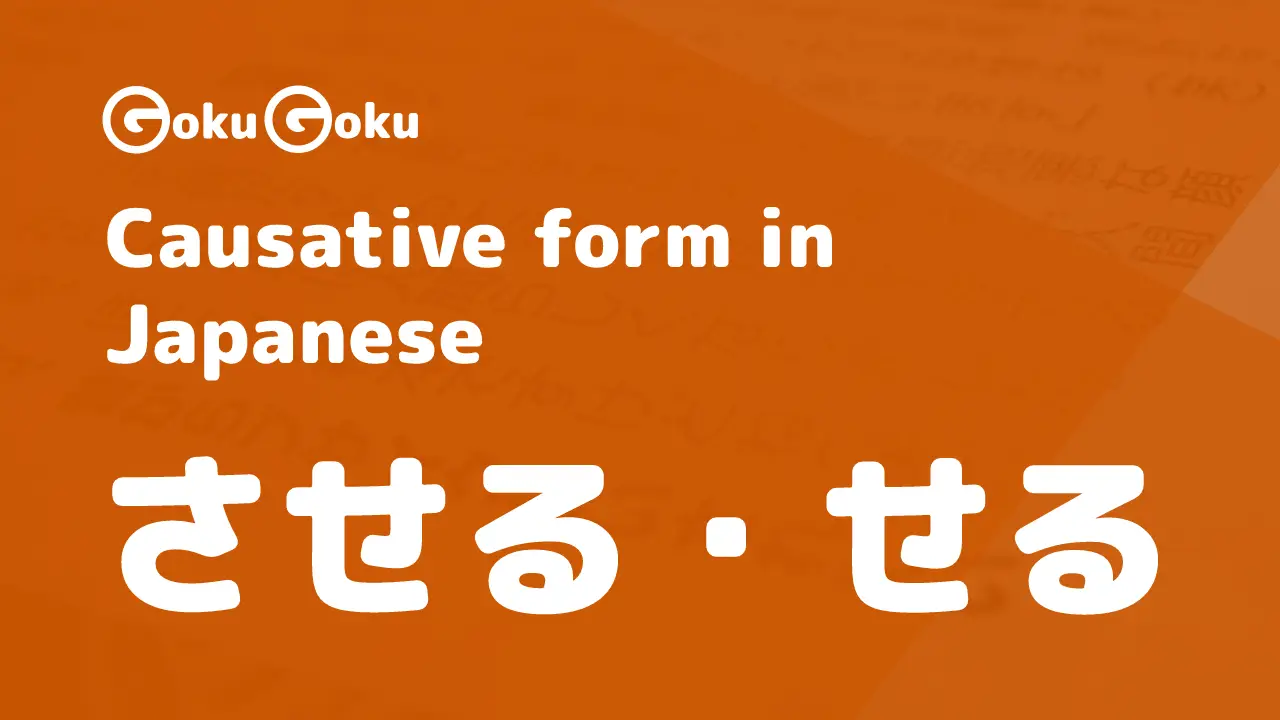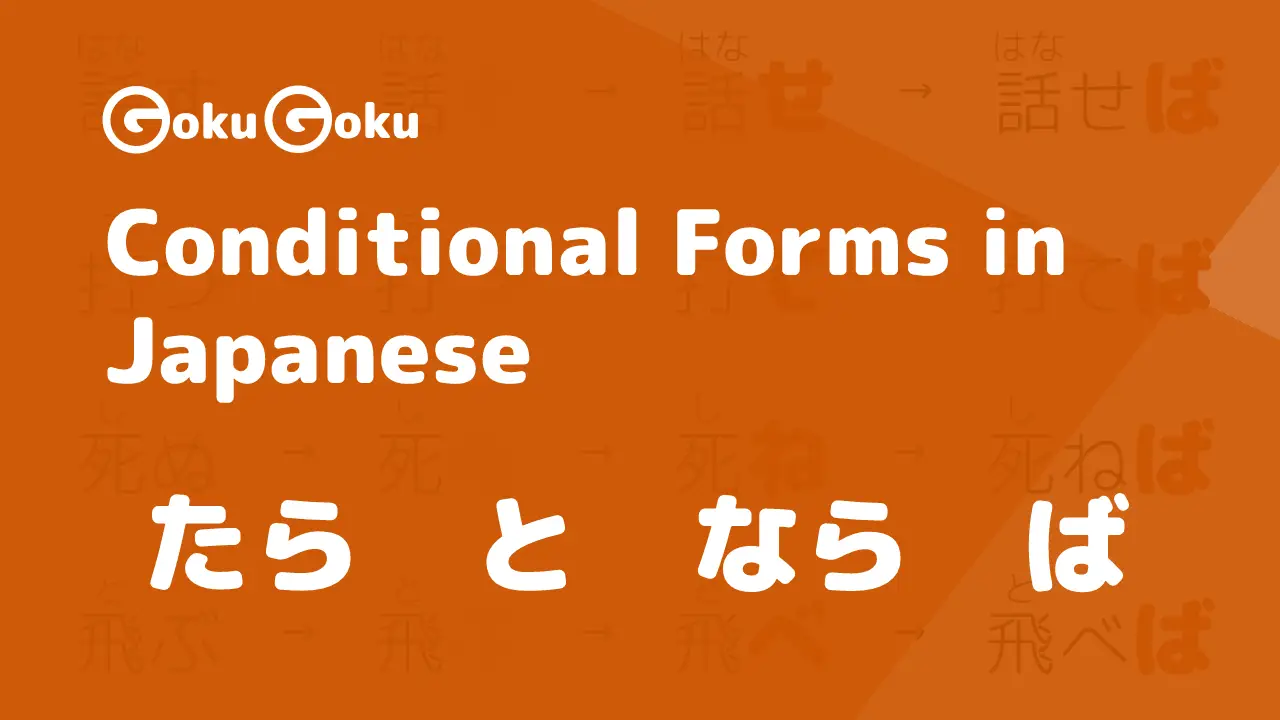Today we learn the most common time adverbs in the Japanese language: 中, 先, 去, 前, 来, 再, 後.
The Japanese term for adverb is 副詞. This word is composed of:
The kanji 詞 which indicates a
part of speech副 which here has the meaning of
adverb
動詞 the verb, the first kanji 動 in fact means to move, movement and 形容詞 adjective.
Many scholars compare adverbs to spices used in cooking; the sentence without adverbs would be unattractive, in the sense that the adverbs enrich and complete the speech giving that extra touch, the same that spices give to dishes
Adverbs for everyday conversation
Let's start with the most common and useful in daily conversation:
今日
today明日
tomorrow明後日
the day after tomorrow昨日
yesterday一昨日
the day before yesterday
今日は良い天気ですね。
Today is really a beautiful day!
昨日は祝日だった。
Yesterday was a day of celebration.
Weeks, months, and years
今週
this week今月
this month今年
this year
We find in the three expressions the kanji 今 which means now, the present moment:
今年の初め。
The beginning of this year.
今週末
This weekend
The weekend is expressed with the Japanese word 週末, but we can also find the term in katakana from the English weekend: ウィーケンド.
中・In progress...
The kanji 中 means half, middle and has both spatial and temporal value. Combined with time expressions it translates as by the end of… and no later, for the duration of…, in the middle of…, in progress of….
---
彼は今週中休みです。
He is on vacation (rest) all week.
今週中に
within the week,before the end of the week今月中に
within this month今日中に
no later than today今年中に
within this year
レポートは今月中に出して下さい。
Please deliver the report to me within this month.
今日中に本を読み終えたいと思う。
I would like to finish reading the book today.
日中
all day long晩中
throughout the night
These two adverbs indicate the duration of the action:
一日中働いた。
I worked all day.
一晩中寝られなかった。
I haven't slept (couldn't sleep) all night.
先 and 去・The Past
For terms in the past we see instead the use of:
先 which indicates the
moment before,previous去 the
past, which is also a verb: 去る with the meaning ofto leave,to abandon,to pass
The term expressed by 先 is ambivalent, in the sense that it is used in the past, but also in the future
先週
last week先月
last month去年
last year
先週はずっと忙しかった。
I've been busy all last week.
去年から日本語を勉強している。
I've been studying Japanese since last year.
お先に失礼します
お先に失礼します is a form of greeting especially in a work context, where those who leave the office early say to colleagues or people who remain in the place: "I apologize if I leave early".
先に therefore refers to the previous moment, to the before.
There are many cases instead in which the same term has the meaning of "future":
先はどうなるか分からない。
We don't know what the future will be like.
It is often heard in conversations, for example:
まだ先の話ですが。
It's too early to talk about it, but…
前・Before
Always remaining in a past context, it is also useful to dwell on the kanji and suffix 前, which means before, previous, anterior.
This kanji is used in expressions such as:
two days ago, if I speak in the present and refer to a past eventtwo days before…if the time in which I speak is not present, but I am referring to another moment on the time line
Some examples of the use of 前 are:
三日前
three days ago,three days before三か月前
three months ago,three months before二年前
two years ago,two years before
二年前に大学を卒業した。
I graduated two years ago. (two years ago compared to now, present)
結婚する二年前に大学を卒業した。
I graduated two years before getting married. (two years before getting married, past event)
来・Next
来 is the kanji of the irregular verb to come 来る and is used with the meaning of next, future, to come:
来週
next week来月
next month来年
next year
来週の火曜日に会おうね!
See you next Tuesday!
では、また来週!
See you next week then!
再・ Again
Always remaining in the context of the future, here is another determining element in this type of expression: 再, its meaning is again, another time:
確認
confirm再確認
reconfirm
It is therefore used to emphasize the term that follows:
再来週
twice next week,in two weeks再来月
in two months再来年
in two years
後・After
後 after, between…, used in future context:
二週間後
two weeks later,in two weeks二か月後
two months later,in two months二年後
two years later,in two years
2か月後日本に行く。
I will go to Japan in two months.
後 is also used when referring to past events by expanding the form with:
それから二年後、大学に入学した。
I was admitted to college two years later.
In this post we learned all the most common and used adverbs of time in Japanese. You can subscribe to our newsletter here below to stay always up to date with the latest release on our blog 👇





